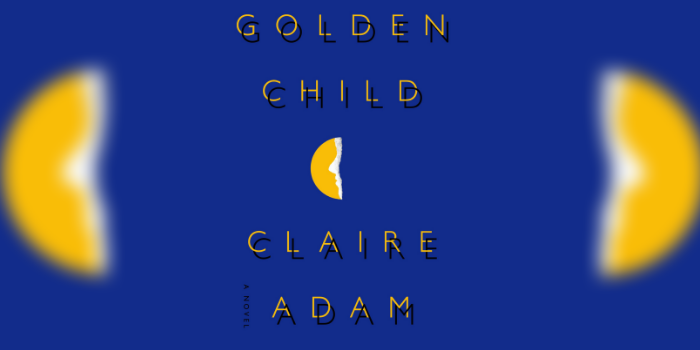
You see this country? Any bit of money you have? You have to hide it away. I don’t have a fancy house or a fancy car, none of that. To look at me, you would think I have nothing… And I only laugh to myself. I probably have more money than them! But it’s not in Trinidad. You can’t keep anything private around here. – Clyde
If you don’t shed at least one tear while reading this book, I’m not sure you and I were reading the same book.
Set in rural Trinidad, the story is focused on a small family and their struggles. The father, Clyde, and the mother, Joy, are not well educated but they do what they can for their twins. One twin is considered “normal” (Peter) and the other is referred to as “retarded” (Paul).
The main conflict of the novel occurs when Paul wanders off one afternoon and doesn’t return home. Clyde goes looking for him, thinking the worst of Paul because of their contentious relationship. Hours turn to days and Clyde begins to understand Paul’s fate, he becomes devastated as his world crumbles around a decision no parent thinks they will ever have to make.
[Read Related: 10 Revolutionary Calls to Action from Reema Zaman’s Book “I Am Yours”]
There are a few aspects of this novel that may feel familiar to many Indo-Caribbeans; emphasis on education from parents to children, contentious family relationships, and knowledge of how corrupt the Caribbean can be.
Stories like this help to emphasize how important it is to have representation in all mediums. I’m sure we’ve all read books where we either cannot identify with any of the characters or only identify with them to an extent. This was not the case with this novel.
I felt connected to the Indo-Caribbean story, to growing up poor, and to the emphasis on the importance of education and family. The main conflict faced by the parents in this story is unfathomable. After I read the last page, I closed the book and thanked God my parents were brave enough to move us all to New York and never had to make the decision Clyde was forced to make.
Claire Adam, the author of this book, was born and raised in Trinidad, she did a great job capturing the overall vibe of the country — from language inflections to landscape descriptions.
I highly recommend this book. You will run the gamut of emotions; laugh a little in the beginning, worry a great deal in the middle, and probably be tearful by the end. I won’t tell you why though, you have to read the book.




